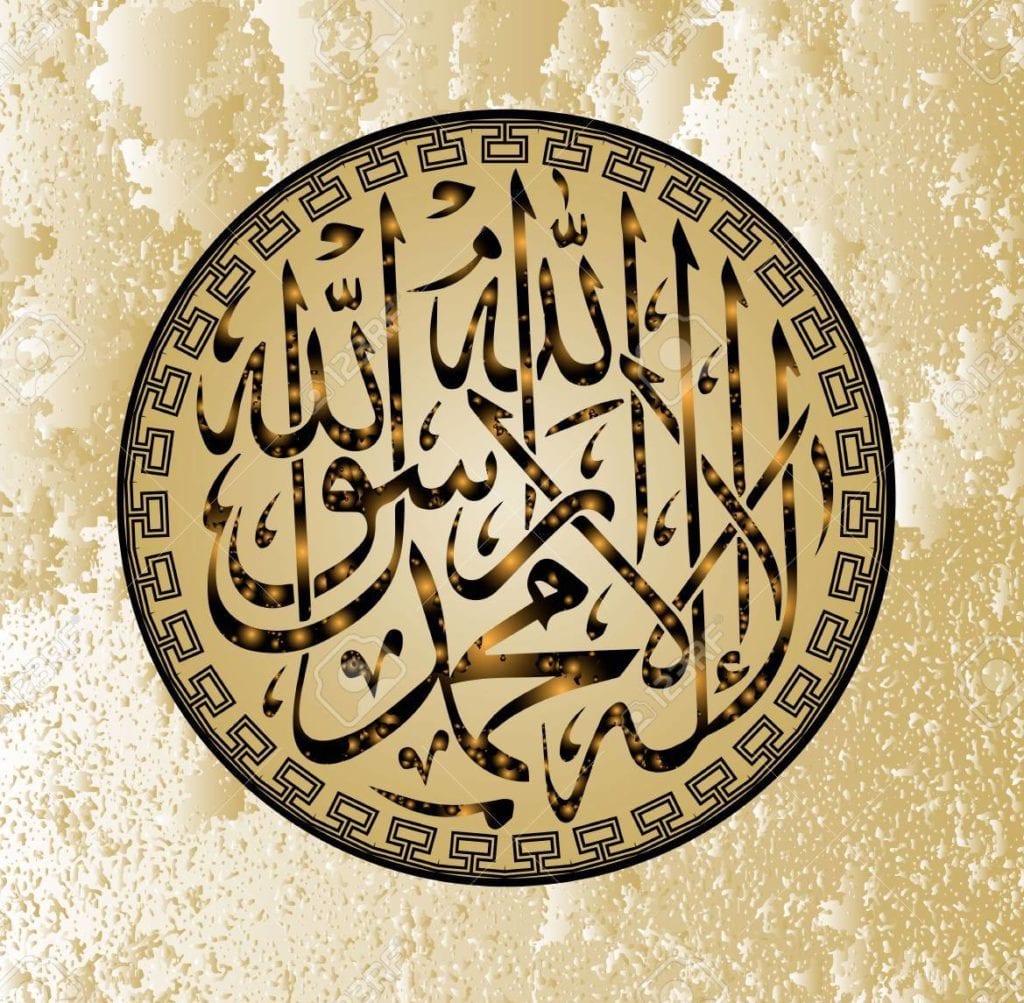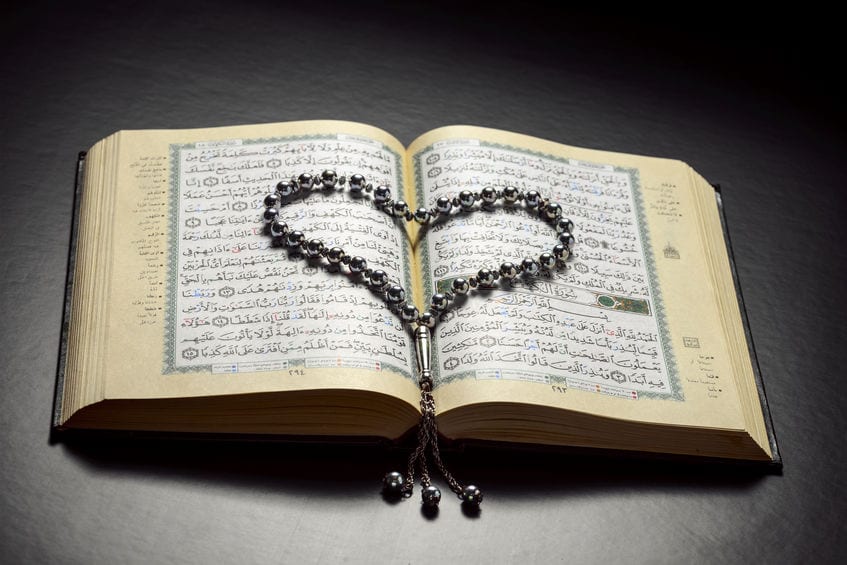Dhikr & Khalwah
What is Dhikr?
The rich history of the Shadhiliyya or Shadhuli path of Sufism has many practices to purify the heart.
One of the cornerstone practices is the dhikr, or the remembrance, which is the essential and foundational practice of a Sufi.
This practice consists of simply remembering the name of God, “Allah” in Arabic, usually by repetition of His Name or qualities. The principal effect of dhikr is to bring the heart back to awareness of God. During remembrance, the person remembering invokes the essential light of God. This light fills the heart, eventually returning the Sufi to the reality of existence.
Allah says: “To Allah belongs all the beautiful names, so call out to Him with them.” (Surat al-A’raaf verse 180).

What is Dhikr?
The rich history of the Shadhiliyya or Shadhuli path of Sufism has many practices to purify the heart. One of the cornerstone practices is the dhikr, or the remembrance, is the essential and foundational practice of a Sufi. This practice consists of simply remembering Allah, usually by repetition of His Name or qualities. The principal effect of dhikr is to bring the heart back to awareness of God. During remembrance, the remembrancer invokes the essential light of God. This light fills the heart, eventually returning the Sufi to the reality of existence.



Allah says: “To Allah belongs all the beautiful names, so call out to Him with them.” (Surat al-A’raaf verse 180).
Dhikr, and the resulting awe and awareness of Allah, blessed and exalted is He, underlies the process of surrendering one’s self or ego, nafs, to God’s will. Dhikr is fundamental in prayer for forgiveness, protection, insight, and peace. Dhikr is a reminder to the believer that Allah is the bestower and provider of all our needs and stations.
Dhikr is the remembrance itself as well as the various practices of remembrance.
In the Shadhuli Way, dhikr is done by a group standing in a circle, fingers interlaced, chanting the name of God to evoke His light and allow Him to open and clean the participants’ hearts, minds, and spirits. This is a very powerful experience that brings the community together in celebration of Allah’s creation. Group dhikr is held every Sunday night at the Farm of Peace and on Thursday and/or Sunday at other communities around the nation. Before or after dhikr we offer teachings about the Sufi path and read from Sidi’s books. There is no charge.
What is Khalwah?
(all-night prayer retreat)
Khalwah in most Sufi traditions means retreat or withdrawal from the world. For us, this practice is an all-night silent vigil under the guidance of spiritual teachers trained by Sidi. This sacred offering is a means of walking deeply and letting go of old thought forms and patterns of the nafs, or ego.
The Sufis have always done many of their sacred traditions in the evening after sunset and in the darkest part of the night, which is considered the time when the dunya or the physical world is most settled down. Thus the unseen world is more unveiled and accessible. We start most of our khalwahs after Salat al-Magrib and continue until the early morning hours.
The Khalwah practice brings healing, Inshallah, not only for those involved but also for those you pray for, your loved ones, and our local area as well as prayers for peace in the world.
Here at the Farm of Peace, we often host khalwahs for a variety of Islamic holidays, New Year’s, during Ramadan on the night of Lailat al-Qadr, and during our Sufi School East weekend retreat.


The khalwah practice is a repetition of the daily Wird, a traditional Shadhuli practice using masbaha (prayer) beads, for a prescribed number of rounds. The leader of the khalwah determines the number of rounds, from 500 to 2000, of each of the three Arabic chants, based on the preparedness of the group. Between each chant, two rak‘ah of Salah are performed independently. The khalwah deepens into quiet remembrance to conclude. Half to one hour with the eyes open looking at the written name of Allah, then a half to one hour of remembrance with the eyes closed.
It is our tradition to fast from eating during the khalwah. Water or tea may be taken, but only in an area away from the sacred space of the group.
Because this is a deep and powerful spiritual practice, anyone who participates in the khalwah must have taken hand (bay‘ah) with either Sidi or one of the Shadhuli spiritual teachers. This places an individual in the spiritual vessel of the Guide and guarantees their safety during this deep spiritual practice.
There is also a donation involved, which has deep significance to an individual’s soul. We believe that charitable giving is one of the ways that individuals can purify themselves and this is an especially important aspect of the khalwah. Each person is asked to donate between $250 and $700 which is used to buy food to feed the poor in the Holy Land.
The sages have taught us that group spiritual practice heals not only the participants but also the loved ones and the local region where the practice is done. This is the motive behind so many traveling to war-torn parts of the world to pray. In a similar sense, during khalwah, these healing effects spread through the participants, their family members, the local community and even the entire tariqah.



